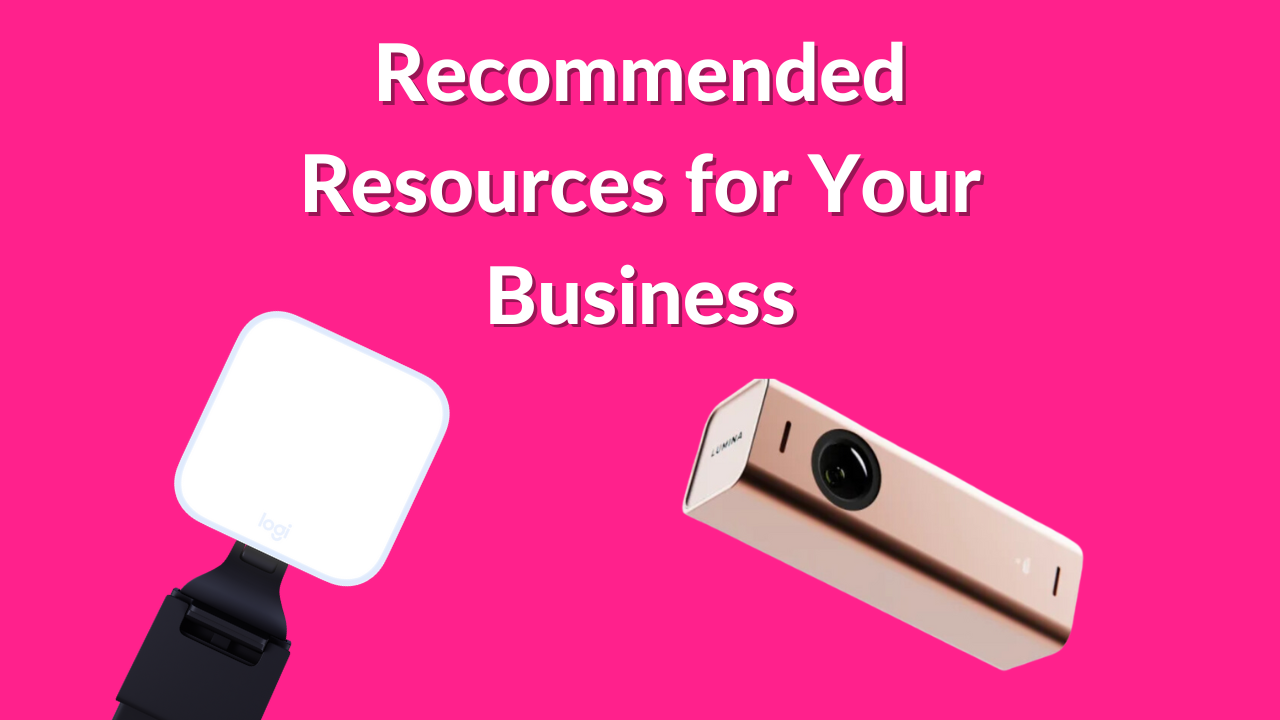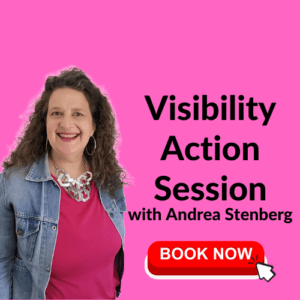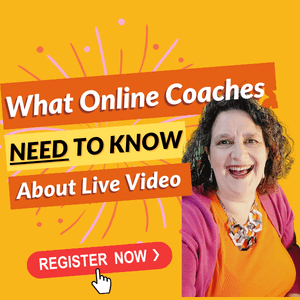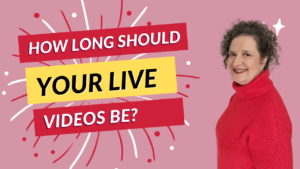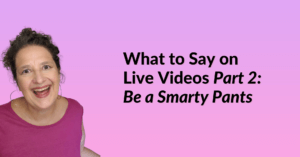If you are using Facebook as a business networking tool, you’re probably trying to build a broad online network. Many people on Facebook only connect with people they know in the real world. Business people who are using Facebook as a virtual networking meeting however, need to be more of an “open networker” rather than a “selective connector”.
If that’s the case, why would you ever “unfriend” someone?
I personally have only done it once. I received a very polite, and personalize friend request from a gentleman who seemed to be interested in business networking. After accepting his invitation I checked out his profile. He stated he’s looking for “sexually adventurous women”. I unfriended him immediately.
This got me to thinking. How many other people have “unfriended” someone? So I did what I always do when I have a business question. I got online, asked my Facebook friends, asked my Twitter friends and went to the ever trusty Google and “asked” it.
Liz Lynch wrote on her blog that she unfriended someone who “was trying to friend everyone and their brother by sending invitations to connect to people in my network (and who knows who else’s) without explaining how he knew them or why he wanted to be their friend.”
This harkens back to my number one advice when sending invitations on Facebook. Always include a personal note telling this person why you think you should connect. The is doubly true if you don’t know this person outside of Facebook
There are lots more stories of unfriending however. The following are quotes from a variety of sources. Since the stories involved include unfriending annoying, rude or just plain scary people I’ve kept the writers anonymous to protect the innocent.
One woman wrote about why she chose to conduct her first unfriending:
While it was partly because of her political opinions (our worldviews were very different) it had much more to do with the way she expressed them. Which wasn’t very politely.
This matches another person’s experience:
Yes I have unfriended! Mean, grumbling, whining, starting trouble where none should be.
Clearly people need to watch what they say in the social media arena. Some people really do forget that what they’re saying is being noticed by real, live people. It’s okay to be yourself and express your opinions but please do it in a polite, respectful manner. If you wouldn’t say it to their face, don’t say it in social media.
Some people’s experiences are a little more unsettling:
“I had to block one person because he went from being business professional to inappropriate declarations of love in about 24 hours. I’ve never even emailed this person – we were Facebook Friends with no other ties.”
Yikes! This story illustrates what is probably the biggest fear women have of going online and being open in social media sites – the online stalker. However, consider this. There are over 250 million active users on Facebook and I’ve heard of only a small handful of cases like this. So yes, we do need to be cautious about what we say and do online. However, I really don’t see this as being a common occurrence.
The final example is probably the most common reasons I’ve found for people being unfriend. This writer unfriended:
an old high school friend who, it turned out, wasn’t interested in catching up, but was using Facebook to get an audience for his multi-level marketing scheme.
The multi-level marketers are giving us all a bad name. And lets be clear here: I know several ethical and respectful multi-level marketers who would never engage in this type of social media spamming. But a few bad apples really do ruin the whole bunch.
It doesn’t matter whether you are a multi-level marketer, a solopreneur, a small business owner or CEO of a Fortune 100 company, the rule on social media should be relationships first, marketing second.
Spend 80 percent of your time building relationships: sharing your personal experiences, passing along valuable tips, sending links to other people’s sites when they offer something of value, commenting on your connections’ activities, being entertaining. Then spend 20 percent of your time marketing and promoting. But remember, on social media more than anywhere else, you need to use a soft sell.
And one final thought about unfriending someone. When you click that button at the bottom of their Facebook profile to sever your Facebook friendship, it doesn’t set off a flashing red light on the top of their computer. In fact, if the person you are unfriending is a social media spammer trying to build the biggest list possible without building a relationship, then in all likelihood they won’t even notice that you’re go.
Andrea J. Stenberg
Have you ever had to unfriend someone? Please leave a comment and share your thoughts.
